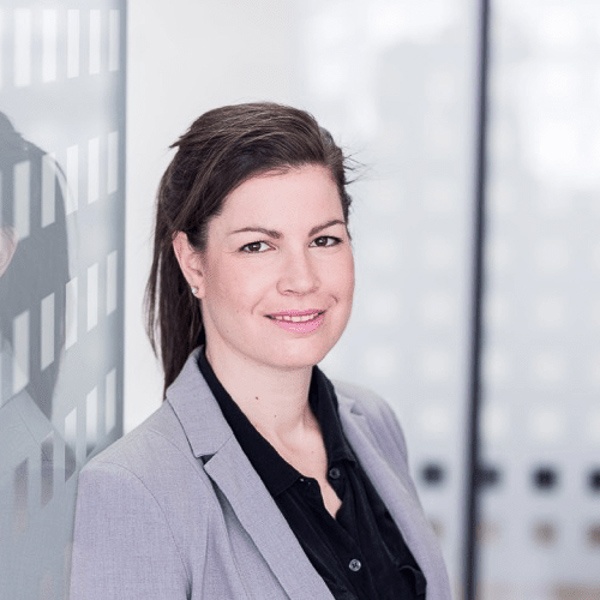“The future of protein is here and it’s called aquaculture”
Political commitments, scientific collaborations and constructive conversations highlight opening of the Aquaculture Canada Conference 2019.
By Fabian Dawson
SeaWestNews
Canada’s commitment to sustainable harvesting of seafood was reaffirmed by both the federal and B.C. provincial governments at the 2019 Aquaculture Canada Conference in Victoria, which opened today.
The industry needs to be powered by political commitments, scientific collaborations and constructive conversations, some 300 delegates to the conference heard from a variety of speakers during the opening session.
Lana Popham, B.C.’s Minister of Agriculture, said the fisheries industry “packs a punch” in B.C., which exported $1.2 billion worth of wild and farmed seafood to 73 countries last year.
“Our government is committed to working closely and building an environmentally and economically sustainable aquaculture industry in British Columbia,” she said.
Popham also hailed the resilience of aquaculture companies, like Mowi and Cermaq, in the face of escalated pressure and activism, which led to the Broughton Archipelago decision, that recognises traditional First Nations rights and paves the way for future expansion of B.C.’s sustainable salmon farming industry.
She said she was proud of the commitments made by the affected salmon farming companies and the strong leadership shown in the process, which Popham described as “difficult”.
Dallas Smith of the Nanwakolas First Nations Council, said aquaculture has always “been a loaded word in British Columbia.”
“But the industry has evolved and the political rule has evolved and we have turned a page (with the Broughton decision) in B.C.,” he said.
“I am pleased to support the industry that is bringing much needed sustainable protein to the world,” said Smith, adding aquaculture supports 5,000 jobs in North Vancouver Island alone, where his roots lie.
Andrew Thomson, Regional Director, for the Department of Fisheries and Oceans (DFO) said it is clear that the world needs aquaculture and that Canada can help fill the void.
He said the government is stridently looking at improving its communication with stakeholders, industry and the public as it continues to take a science-based decision making approach towards managing both wild and farmed fisheries.
Thomson also reaffirmed the government’s commitment towards enacting a Federal Aquaculture Act for a holistic regulatory approach for the industry.
Canada remains the world’s only major farmed seafood producing country without modern national legislation specifically designed to govern a responsible and sustainable aquaculture industry.
The push for a Federal Aquaculture Act, which has been embraced by Canadian seafood farmers, was mooted by the Campbell River Chamber of Commerce.
John Paul Fraser, the executive director of the B.C. Salmon Farmers Association (BCSFA) said fish farmers are always striving towards staying on the cutting edge of ocean monitoring technologies and actively participating in sharing information on oceanographic conditions where farms exist.
The association’s research and development agenda has a significant focus on increasing the state of knowledge around the health of the oceans and the wild species dependent upon them, he said.
On the second day of the conference, BCSFA will showcase its Collaborations on the Coast initiative, which highlights the many research projects between industry, government, academia and conservation organizations that contribute to a better understanding of fish health – wild and farmed-raised salmon – and the health of the marine environment.
Joanne Liutkus, President of the Aquaculture Association of Canada, said the industry’s “Blue Revolution” is built on partnerships nationwide.
“Our annual conference is a testament to that.”
“Partnering for a Sustainable Tomorrow (the theme of the conference) speaks to how the Canadian aquaculture community has set the global standard for partnering with local communities, other resource users and First Nations to sustainably rebuild our struggling rural communities,” she said, in her message to the delegates.
Valérie Robitaille (pictured) co-founder and CEO of XpertSea, a Canadian aquaculture technology company, said a big challenge facing global seafood farming, especially in Asia, is to convince people to change their traditional methods and adopt new technologies.
The keynote speaker said while there is a lot of discussions on plant-based protein and lab-meat, “the future of protein is here and it’s called aquaculture”.
RELATED STORIES
A new era for salmon farming in British Columbia
